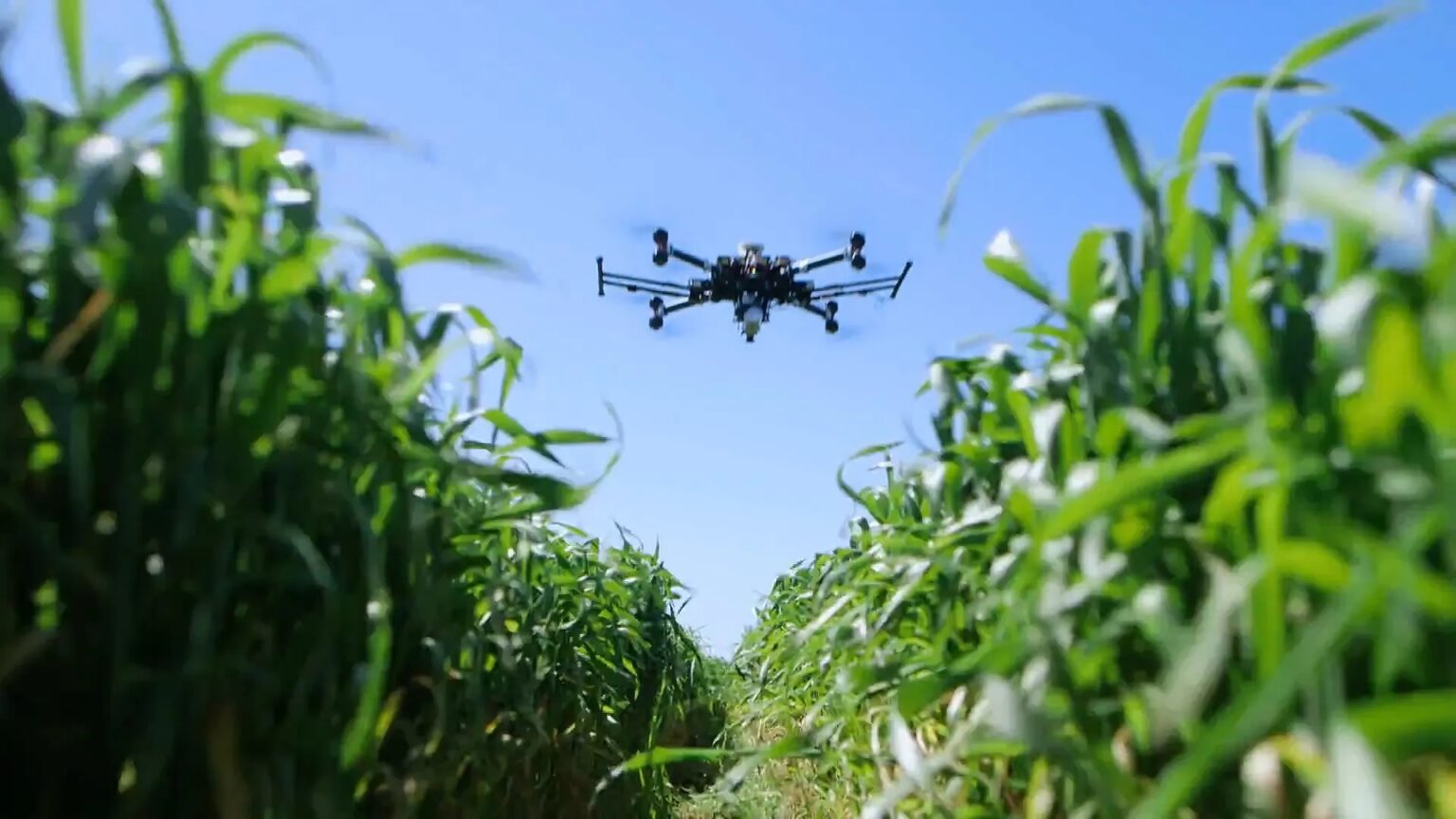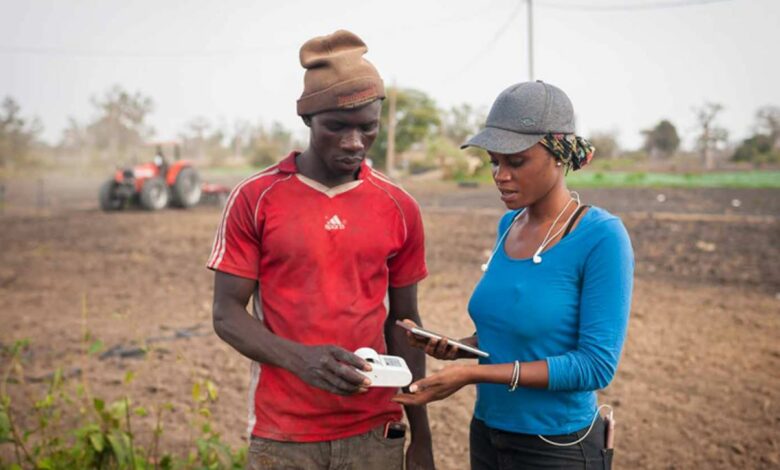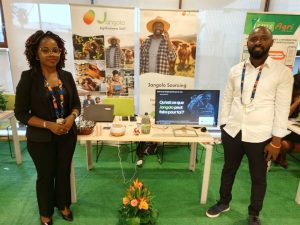Will digital agriculture save the world?
As the ecological crisis rages and concerns loom over the ability of human societies to feed a growing population, capitalism claims to possess the solution to save humanity: digital agriculture. A new Eden for many companies that have developed advanced technologies, agricultural capitalism hopes to save itself, and save us, by introducing these technologies into the fields. It is to an in-depth transformation of agricultural practices and the work of peasants that this techno-agricultural capitalism contributes, at the service of cutting-edge firms and start-ups in the new technologies sector.

The first fully robotized cultivation, without human intervention from sowing to harvesting, was harvested in 2017 and marked a turning point in digital agriculture, sometimes called “smart agriculture” or “e-agriculture”.
Digital technologies like the internet, mobile technologies and devices, data analytics, artificial intelligence, digitally delivered applications and services are transforming agriculture and the food system. Examples abound at different levels of the agri-food value chain: automation of agricultural machinery allows precise adjustment of input inputs and reduces labor demand, satellite remote sensing and telemetry data and in-field sensors situ allow more accurate and less expensive monitoring of crop growth and the quality of land or water resources.

Digital agriculture can also help governments increase the efficiency and effectiveness of existing policies and programs and formulate more appropriate ones. Having free, high-quality satellite images, for example, reduces the cost of monitoring many agricultural activities. This could allow policy makers to opt for more targeted measures whereby operators are granted payments (or are penalized) based on observable environmental results. Useful for monitoring compliance with environmental provisions, digital technologies also make it possible to automate administrative processes related to agriculture and to further develop public services,
Finally, digital technologies can facilitate trade in agricultural and food products by connecting private suppliers to new markets and providing governments with new ways to monitor and enforce standards, as well as the possibility of setting up faster and more efficient customs procedures, essential for perishable products.










